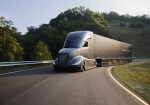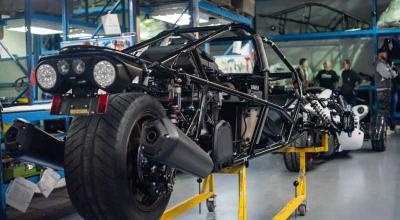BMW Introduces New 5 Series, Featuring Strong EV And 750bhp M5 PHEV
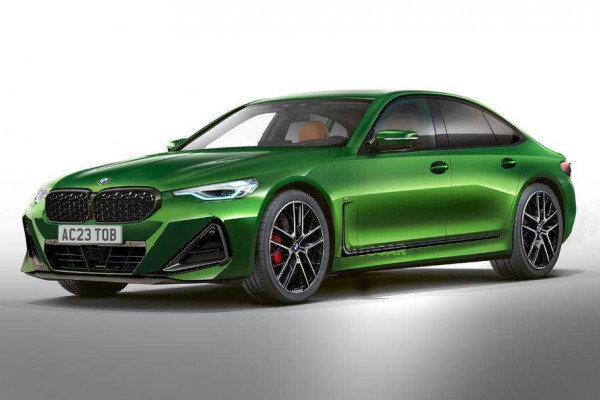
by AutoExpert | 23 August, 2021
The seventh-generation BMW 5 Series will be phased out in mid-2023 after seven years, and its replacement will be redesigned both technologically and aesthetically, as part of BMW's shift to an electric vehicle manufacturer.
The 5 Series, like its X3 and 4 Series brothers, will be available with a variety of pure-combustion, hybrid, and full-electric drivetrains, in keeping with BMW's goal of selling seven million plug-in hybrid and pure-electric cars by 2030. BMW Group will provide 12 fully electric vehicles by the time the new 5 Series hits the market in 2023, including EV models of the X1 crossover and 7 Series, while an all-electric version of the 3 Series is being prepared as a sibling model to the i4.
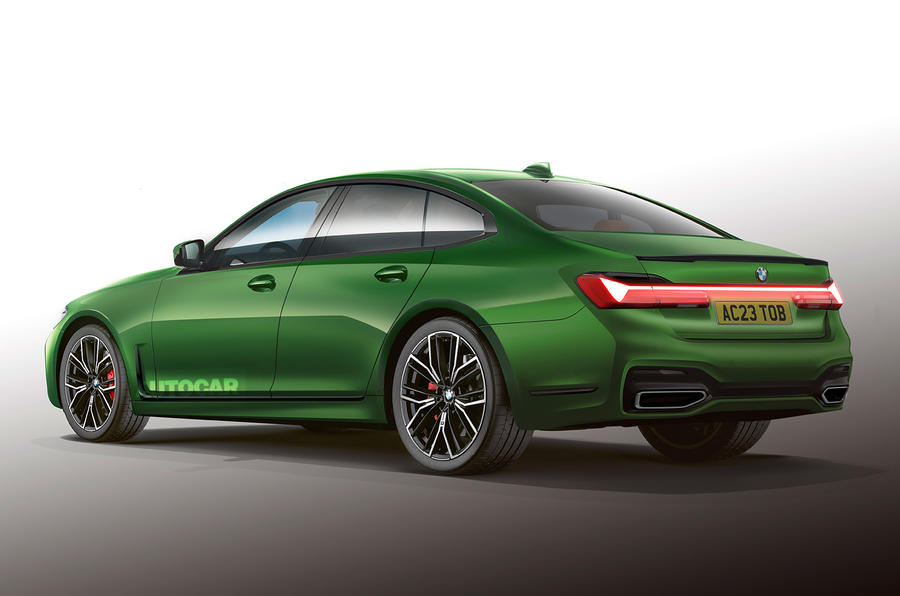
The next BMW 5 Series will feature a more rakish roofline and a sharper front-end appearance than the present model. Apart from the i3, 1 Series, 2 Series Gran Coupé, and 2 Series Active Tourer, it will sit atop an improved version of the modular Cluster Architecture (CLAR) utilized by all existing models. BMW's portfolio diversification plan in the lead-up to adopting all-electric is based on the CLAR platform.
BMW 5 Series will become one of the company's final all-new vehicles before it enters the third phase of its electrified transformation in 2025. This new period is dubbed “Neue Klasse” after BMW's ground-breaking saloon vehicles of the 1960s and 1970s, which launched the company into the mainstream. It will bring in new-generation electric vehicles, as well as a new software platform aimed at offering a fundamentally innovative user experience.
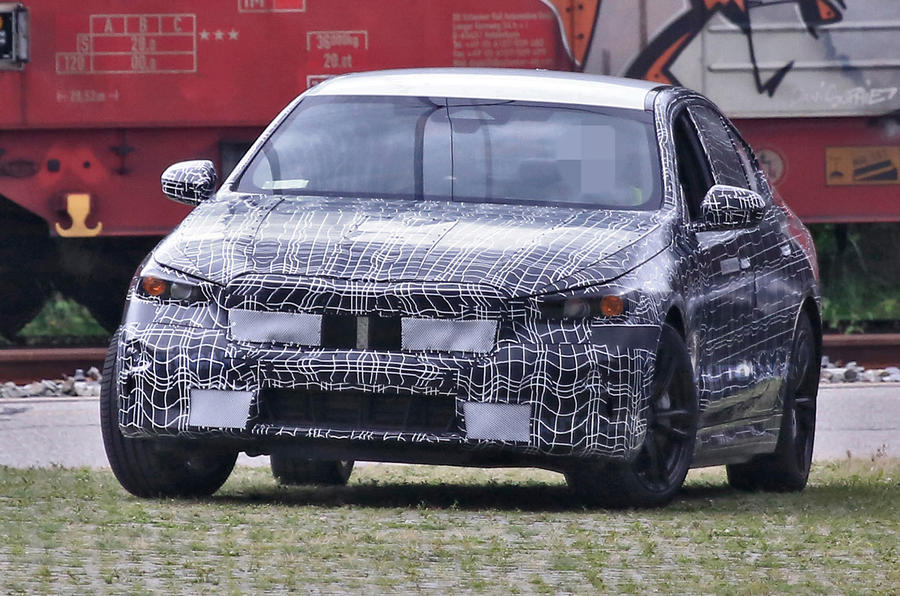
To stay up with Munich's new-era lineup, the new 5 Series might be upgraded during its life span. It is expected to keep the existing car's turbo-only four- and six-cylinder petrol and diesel engines, as well as a larger selection of plug-in hybrid systems based on a 2.0-litre petrol combustion unit. The M550i xDrive, which debuted in the UK in 2020 – after two years on the market abroad – to fill the gap between the 540i and M5, is less clear.
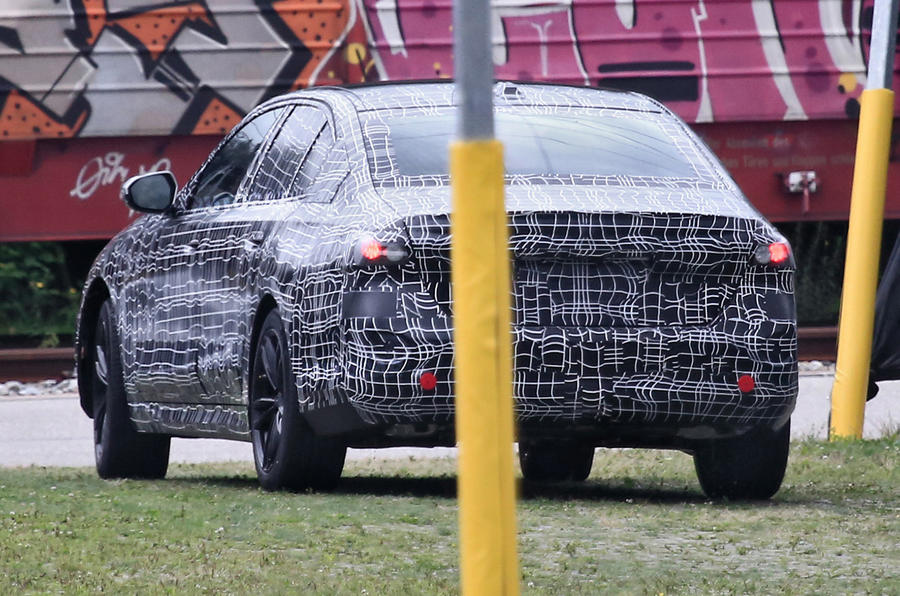
Its twin-turbo N63 petrol engine was originally introduced in the first-generation X6 in 2008. When the Mk8 5 Series comes, the unit will be 15 years old, making it an unlikely choice for costly upgrades to comply with new Euro 7 emissions rules.
The successor to the M550i may be a more powerful version of the 545e PHEV. The M5's next iteration is likely to have a bigger petrol engine with more horsepower than its competitor, the Mercedes-AMG E63. CLAR-based PHEVs, according to BMW, may accept electric motors with up to 201 horsepower. This points to the possibility of a 500bhp hybrid sitting beneath the vehicle.
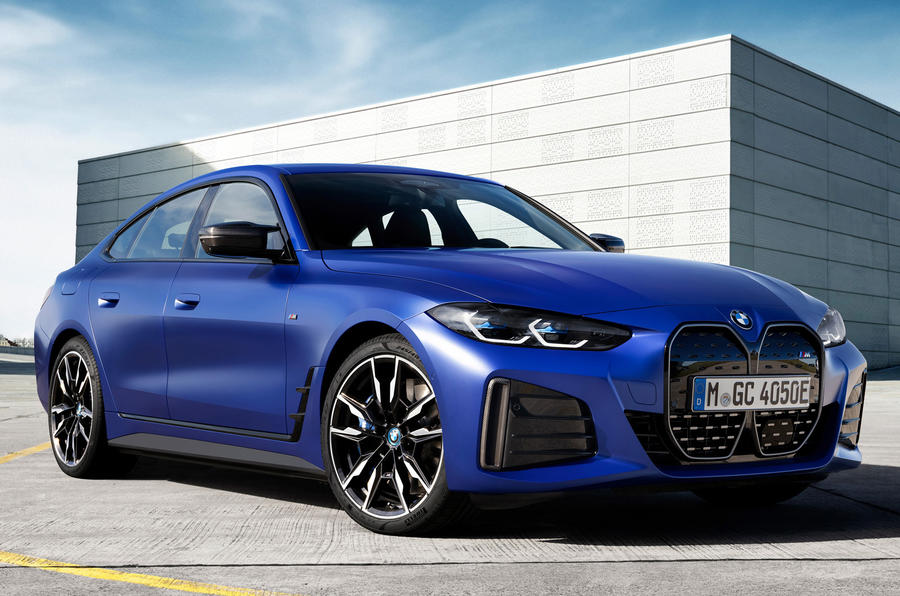
The electric system rumored to feature in the forthcoming X8 M performance SUV might be used in the M5 PHEV. It would very definitely be a large enough boost (about 134bhp) to compensate for the hybrid powertrain's weight penalty. If it happens, BMW will have a challenger to compete with Mercedes-GT AMG's 63 4-Door Coupé's PHEV version, which will have about 800bhp. However, it is unclear whether BMW will provide a road car with this much power.
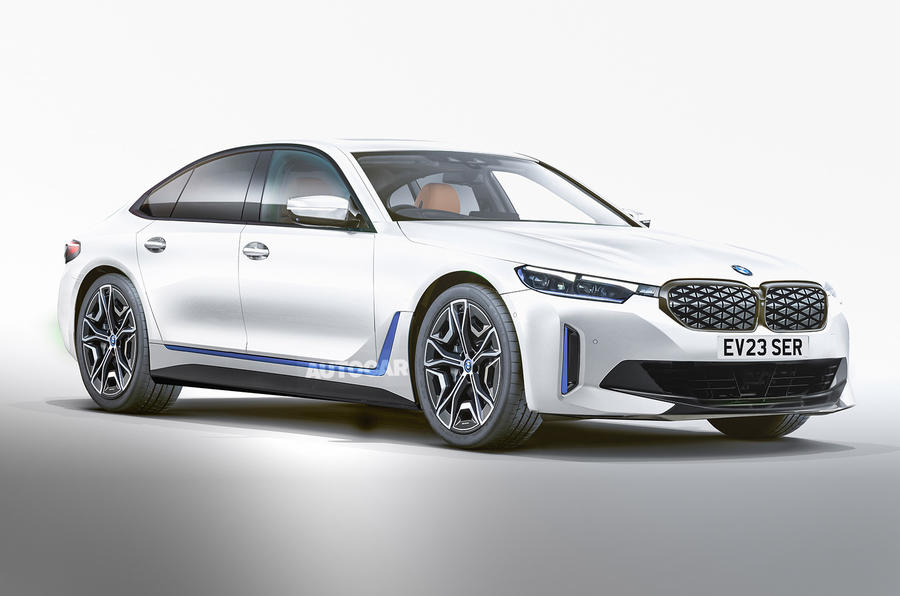
i5 is expected to follow in the footsteps of the new i4, which may imply a selection of rear- or four-wheel drive. The basic i5 will be distinguished from the 5 Series with a blanked-off grille, custom wheel styles, and an unique rear-end design based on small variations between two previously observed prototypes. The i4's 80.7kWh battery pack, which is claimed to be 30% more capacity dense than the i3's 42.2kWh unit, is also expected to be included, with a top range of about 350 miles.
Source: AutoCar





